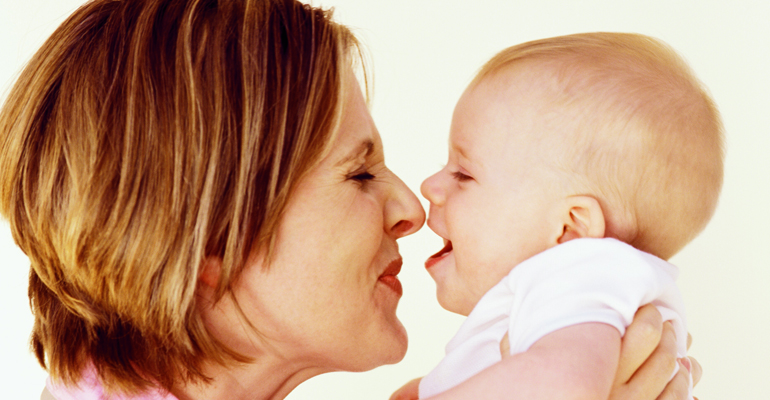All parents wonder if their baby is developing normally. But if your child was adopted, you may have other concerns — particularly if she lived in an institution, was exposed to drugs or alcohol before birth, or suffered neglect before you adopted her. As a new parent, you might wonder what developmental milestones to look for, and how you can help your child if she shows signs of delay. Here’s what you should know.
Baby’s First Days
Babies and toddlers who’ve experienced adversity may have unique problems. For example, if you’ve adopted a two-year-old, he may be as quick and mobile as other toddlers, but have the cognitive (thinking) skills of a six-month-old and, thus, lack the judgment to avoid getting hurt.
Or if your child lived in an orphanage for his first nine months, he may operate, physically and developmentally, like a much younger baby.
The good news, though, is that most kids have a chance to catch up developmentally once they’re in a nurturing family setting. The key is for you — and your pediatrician — to keep an eye on early delays. If they persist for more than two to three months after your baby’s arrival, your child should receive a thorough developmental evaluation and be referred to a physical, occupational, speech, or other therapist, or to a medical professional, if necessary.
Five Red Flags
It’s particularly important to pay attention to the way your baby communicates and to his social and emotional development. Here are five signs to watch for.
1. Your child doesn’t point. Before they’re able to talk, babies point to objects to communicate their desires. A child older than nine or 10 months who doesn’t point to what she wants may have a communication disorder.
2. Your child doesn’t seek your attention. When infants and toddlers see something that interests them, they should be eager to share their excitement. If your child doesn’t laugh, smile, point, or bring things to show you, she may have a developmental or communication disability.
3. Your baby or toddler doesn’t make eye contact with you. Children should be eager to connect emotionally with the special adults in their lives, through hugs, kisses, and eye contact. Past traumatic experiences may make this difficult at first. But babies and toddlers should, over time, learn to enjoy close emotional contact with their parents and other loved ones. Children who don’t may benefit at some point from seeing a psychotherapist who is experienced in early childhood trauma.
4. Your child doesn’t use you as a “secure base.” Toddlers love to explore their surroundings but return frequently to their parents to touch base, emotionally. Toddlers who are unwilling to explore, those who never “check in,” or those who check in with any available adult, may need to see a therapist.
5. Your child continues self-stimulatory behaviors. Many children who’ve been in institutional care have found ways to entertain themselves, by rocking, playing with their hands, and so forth. Once they’re comfortably living with a nurturing family, most kids stop these behaviors, returning to them only when they’re tired, stressed, or bored. A child who continues to prefer self-stimulating behaviors to interacting with her parents may have a social or communication disorder that needs to be addressed.


